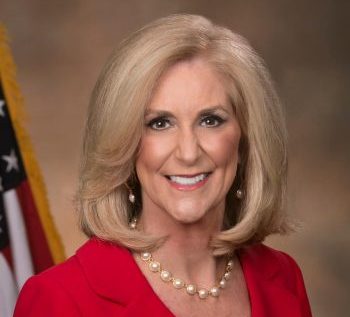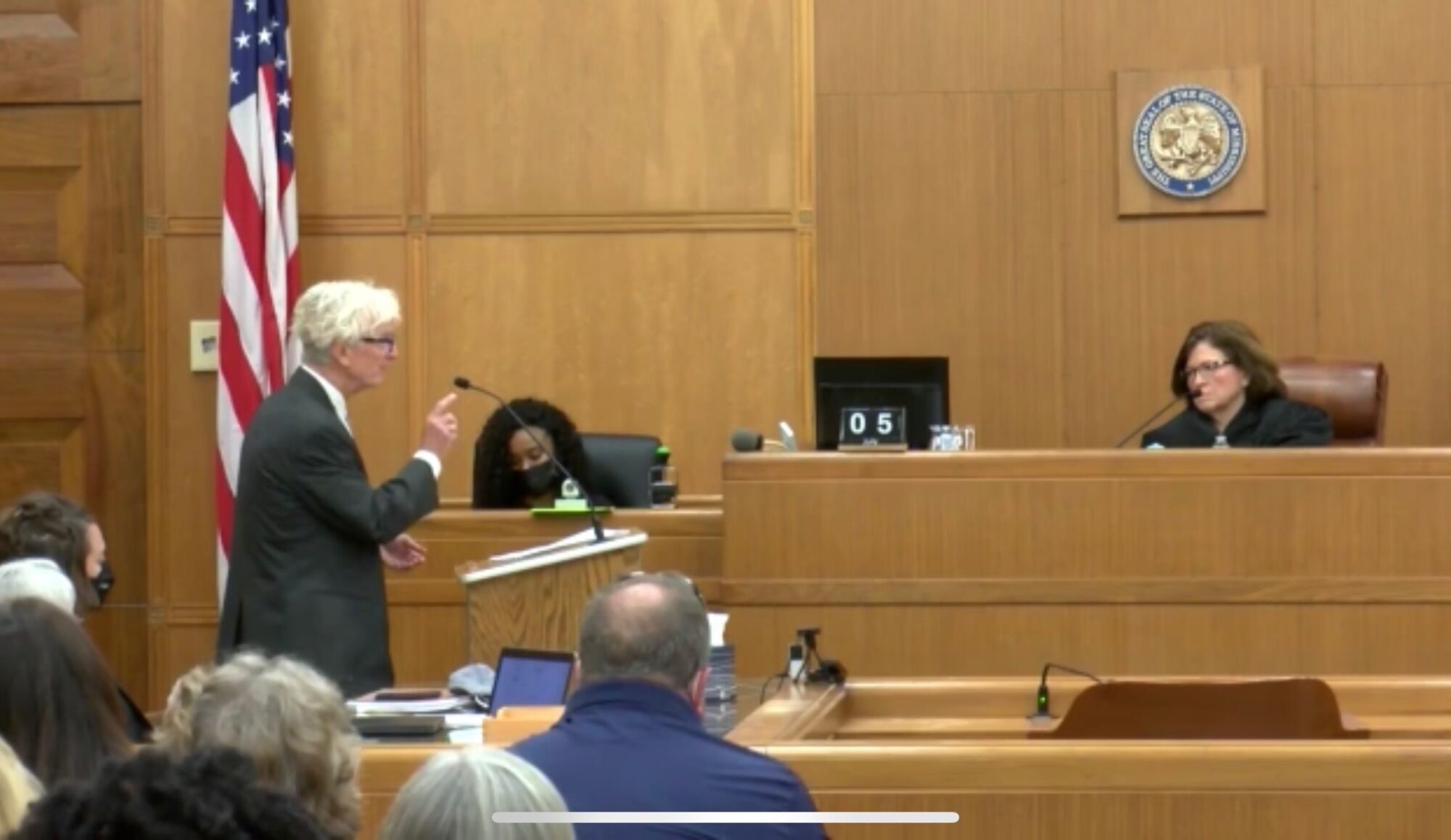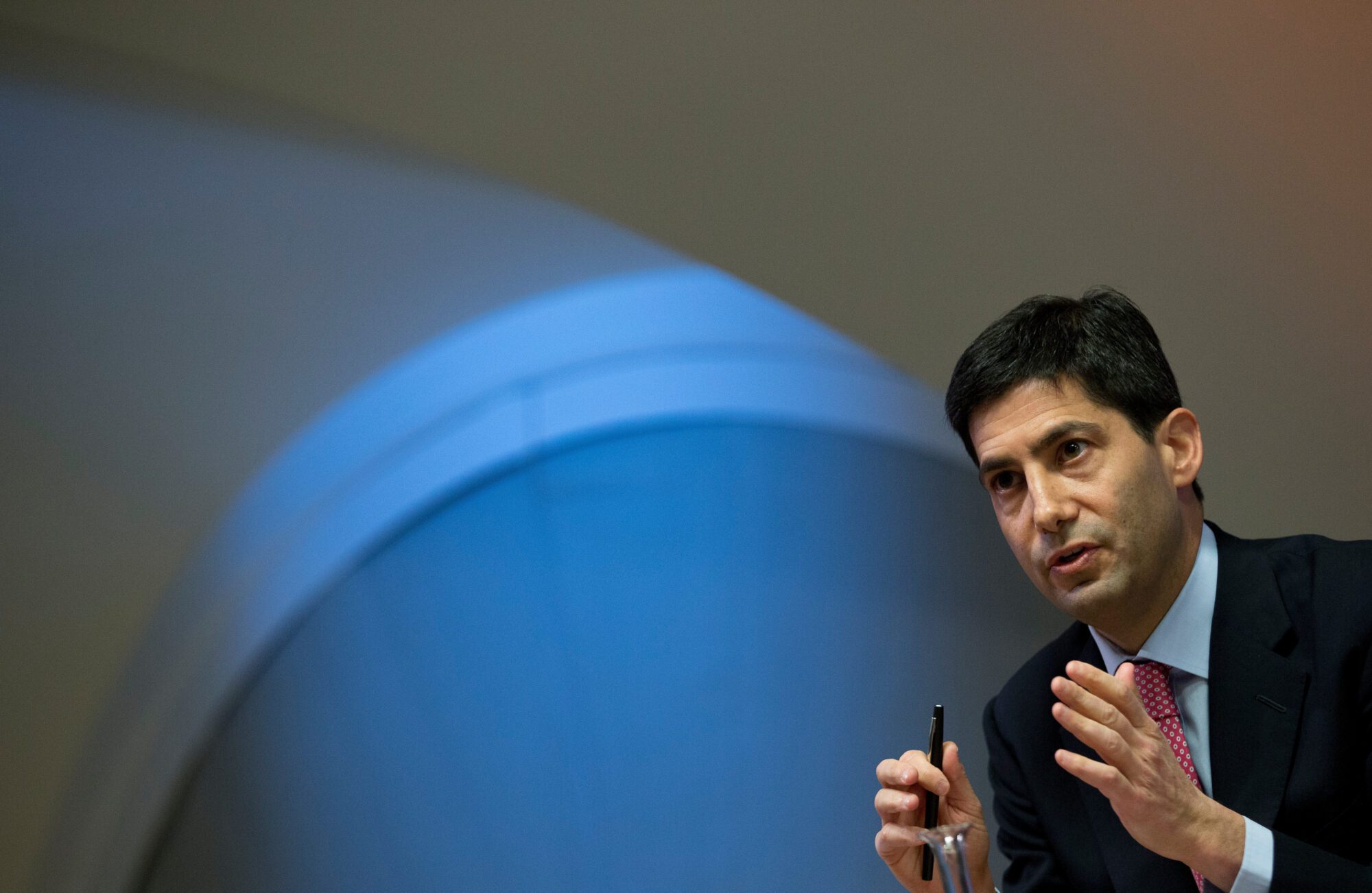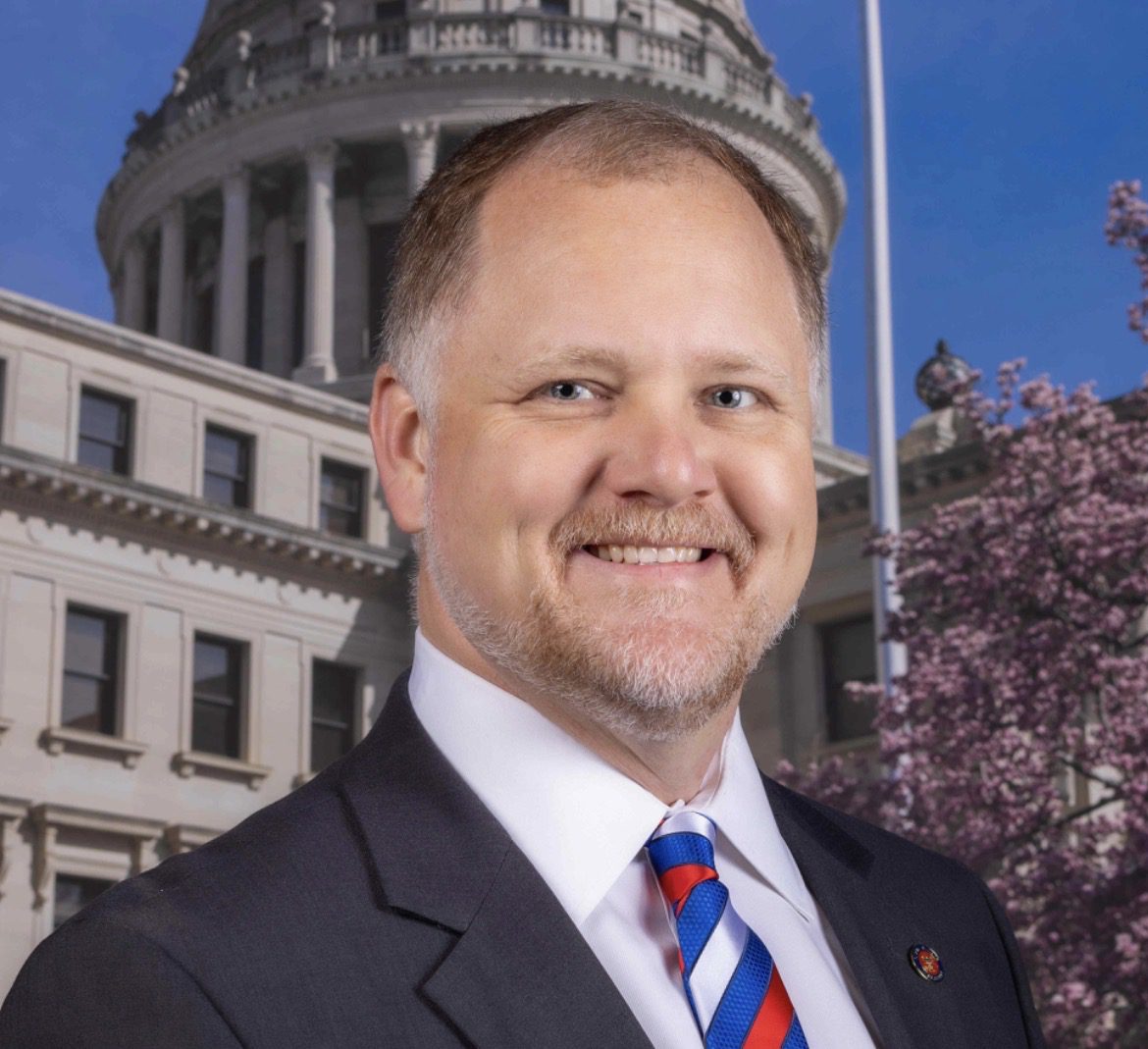
Attorney General Lynn Fitch
Fitch and 10 other state AGs push back on corporate fuel economy standards handed down by Biden Administration.
On Tuesday, Attorney General Lynn Fitch announced that she and ten other Attorneys General filed a petition for review last Thursday at the U.S. Court of Appeals for the District of Columbia challenging the National Highway Traffic Safety Administration’s (NHTSA) corporate average fuel economy standards (CAFÉ) for certain cars and light trucks.
The petition was filed by the states of Arkansas, Indiana, Kentucky, Louisiana, Mississippi, Montana, Nebraska, Ohio, South Carolina, Texas, and Utah.
Attorney General Fitch says the Biden Administration is stretching its statutory authority in an effort to pursue a radical climate change agenda.
“It is vital that we rein in President Biden’s radical environmental views, which put America’s economic growth and job creation in jeopardy, especially now when Americans are struggling to move forward against Washington’s inflationary headwinds,” Fitch was quoted as saying in a release.
The Mississippi Attorney General went on to say that it is equally vital that the state AGs provide a check to the Biden Administration’s rampant overreach, whether it is related to its climate change agenda, universal vaccination policies, or any other area of important public policy.
“If Congress has not granted the Administration the authority to act, federal agencies cannot just will it to be so,” Fitch continued.
The petition from the state AGs comes on the heels of the U.S. Supreme Court’s repudiation of unfettered EPA authority to regulate greenhouse gases in West Virginia v. EPA.
In that case, the Supreme Court found that the EPA’s efforts to regulate greenhouse gases through sweeping industry-wide changes embodied in the Obama-era Clean Power Plan violate the “major questions” doctrine. Under that doctrine, if Congress wants to give an administrative agency power to make decisions of “vast economic and political significance,” it must clearly state so.
That challenge to the Clean Power Plan was brought by 19 states including Mississippi. The others were Alabama, Alaska, Arkansas, Georgia, Indiana, Kansas, Louisiana, Missouri, Montana, Nebraska, Ohio, Oklahoma, South Carolina, South Dakota, Texas, Utah, West Virginia, and Wyoming.











